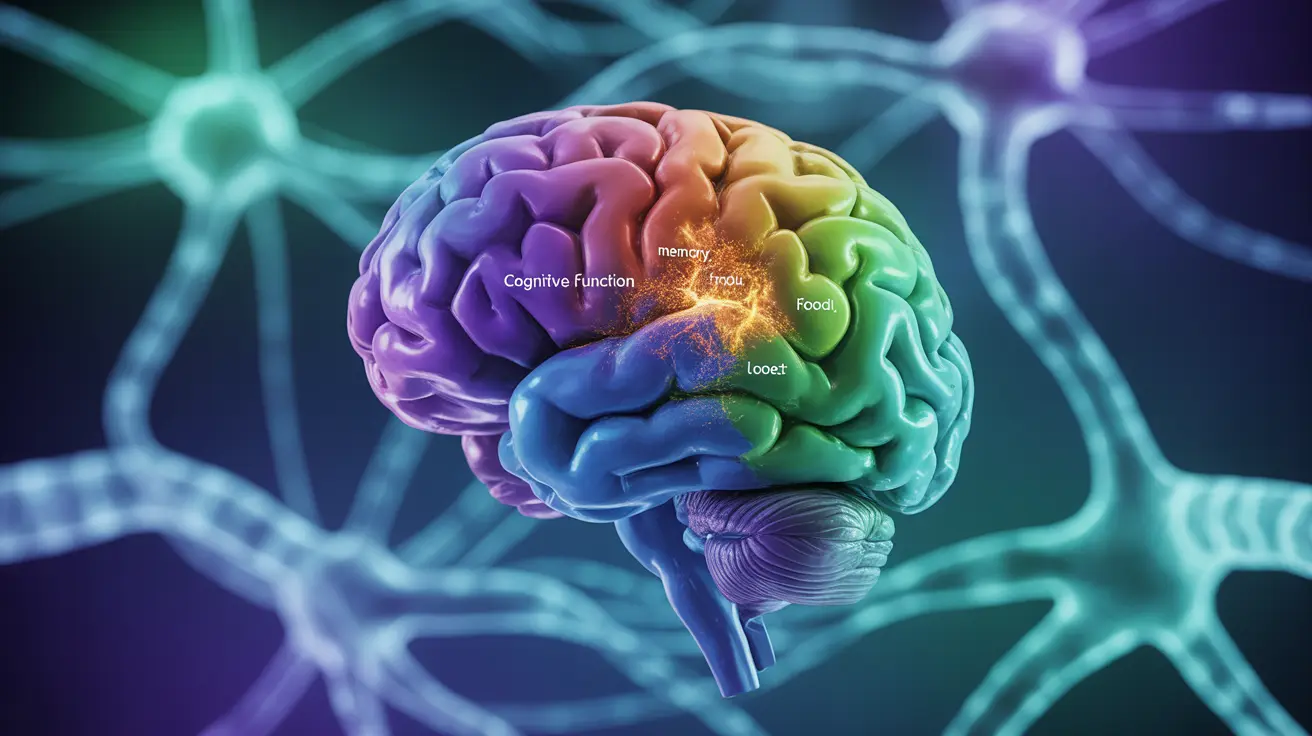Brain fog associated with low testosterone levels can significantly impact daily life, affecting everything from work performance to personal relationships. This cognitive dysfunction, characterized by difficulty concentrating and memory problems, is a common but often overlooked symptom of low testosterone in men.
Understanding the connection between testosterone levels and cognitive function is crucial for identifying and addressing these symptoms effectively. Let's explore how low testosterone contributes to brain fog and what treatment options are available.
The Connection Between Testosterone and Cognitive Function
Testosterone plays a vital role in brain health and cognitive function. This hormone influences various brain processes, including memory formation, concentration, and mental clarity. When testosterone levels drop below normal ranges, these cognitive functions can become impaired.
Research has shown that testosterone receptors are present throughout the brain, particularly in areas responsible for memory and executive function. When these receptors don't receive adequate testosterone, it can lead to various cognitive symptoms commonly described as brain fog.
Recognizing Brain Fog Symptoms Related to Low Testosterone
Brain fog from low testosterone often manifests in several distinct ways:
- Difficulty maintaining focus during tasks
- Problems with short-term memory
- Reduced mental clarity
- Slower processing speed
- Challenges with multitasking
- Decreased problem-solving abilities
These symptoms can vary in severity and may worsen over time if left untreated. Many men experience these issues gradually, making it difficult to recognize them as symptoms of low testosterone initially.
The Impact of Low Testosterone on Brain Health
Low testosterone affects brain health through multiple mechanisms:
Neurotransmitter Function
Testosterone influences the production and regulation of important neurotransmitters that affect mood, memory, and cognitive function. When levels are low, these chemical messengers may not function optimally.
Brain Cell Health
The hormone plays a role in maintaining healthy brain cells and promoting neural connections. Insufficient testosterone can lead to reduced neuroplasticity and cognitive decline.
Treatment Options for Low Testosterone Brain Fog
Several treatment approaches can help address brain fog caused by low testosterone:
Testosterone Replacement Therapy (TRT)
TRT is a primary treatment option that can help restore testosterone to normal levels. This therapy comes in various forms, including:
- Injectable testosterone
- Topical gels or patches
- Pellets placed under the skin
- Oral medications
Lifestyle Modifications
Certain lifestyle changes can support healthy testosterone levels:
- Regular exercise, especially strength training
- Adequate sleep and stress management
- Proper nutrition with sufficient protein and healthy fats
- Maintaining a healthy weight
Frequently Asked Questions
What are the common signs and symptoms of brain fog caused by low testosterone? Common signs include difficulty concentrating, memory problems, reduced mental clarity, slower thinking, and challenges with multitasking. These symptoms often develop gradually and may be accompanied by other low testosterone symptoms like fatigue and mood changes.
How does low testosterone lead to memory problems and difficulty concentrating? Low testosterone affects brain function by impacting neurotransmitter production, reducing neuroplasticity, and affecting areas of the brain responsible for memory and concentration. The hormone's influence on brain cell health and neural connections plays a crucial role in cognitive function.
Can testosterone replacement therapy (TRT) improve brain fog and cognitive function in men? Yes, TRT can improve cognitive function in men with low testosterone. Many patients report better mental clarity, improved memory, and enhanced concentration after beginning treatment and achieving normal testosterone levels.
What should I expect when undergoing testosterone therapy for brain fog? When starting TRT, improvements in cognitive function typically occur gradually over several weeks to months. Regular monitoring of testosterone levels and cognitive symptoms is essential to ensure optimal treatment outcomes.
Are there risks or side effects of testosterone treatment related to brain health? While TRT is generally safe when properly monitored, potential risks include sleep apnea, which can affect cognitive function, and mood changes. Regular medical supervision helps minimize these risks and ensure treatment safety.




